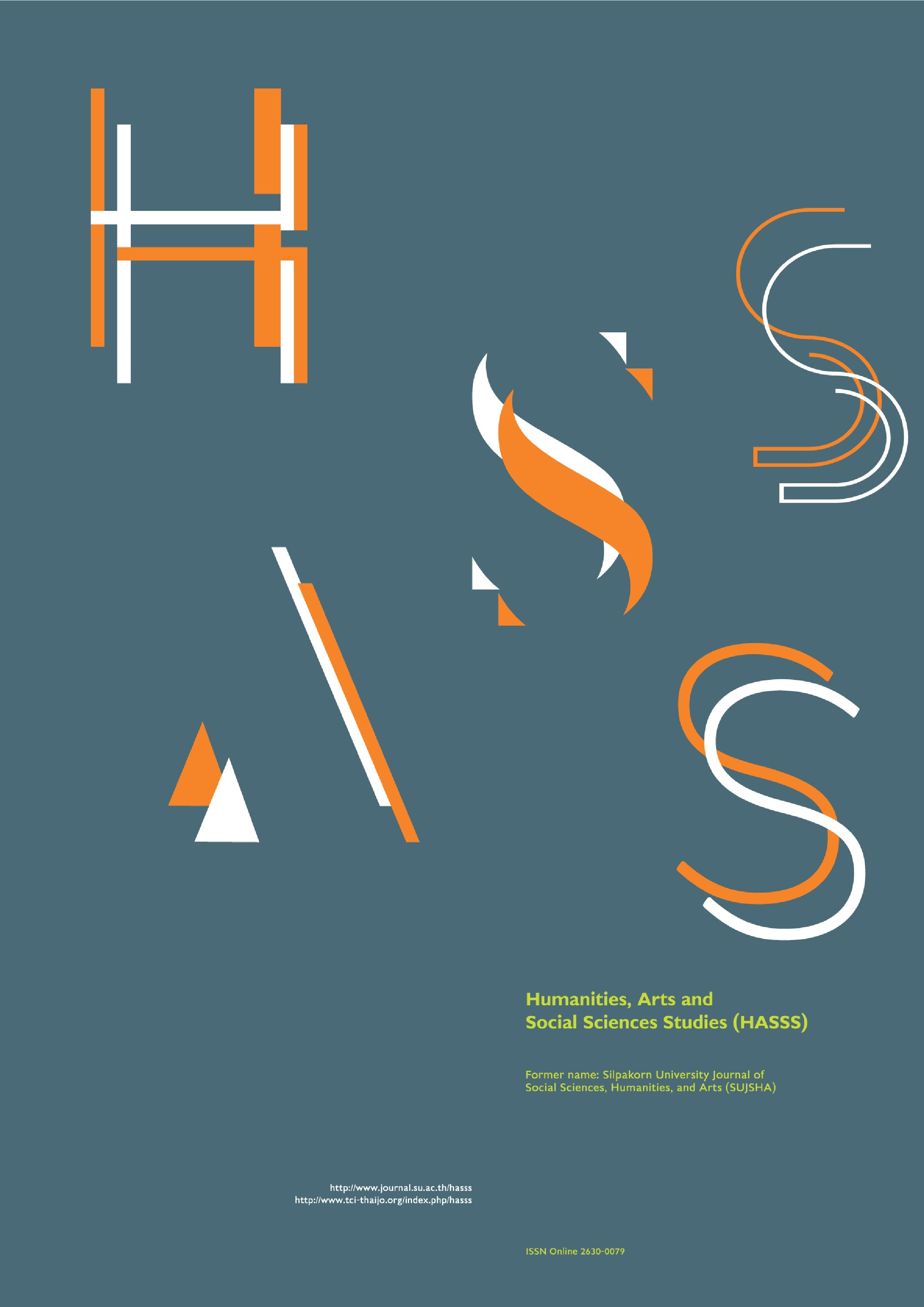Evaluating the outcomes of technical-vocational education and training towards developing skills for the tourism sector
Main Article Content
Abstract
Quality technical vocational education and training is one of the responses of the Philippine government to address unemployment. But an assessment of trainees in one Technical Education and Skills Development (TESDA) institution in Taguig City revealed low to very low scores in twenty-first century skills. The use of multiple levels of evaluation under the Level one and Level two of Kirkpatrick Model were carried out. The objectives were to determine the level of twenty-first century skills and competence of trainees; to assess the achievement of learning outcomes in Technical-Vocational Education and Training (TVET); and to analyse the relationship between the outcomes and level of twenty-first century skills. Statistical analysis showed significant difference between pretest and posttest scores implying the effectivity of the selected tourism qualifications to develop employable skills. Tests for twenty-first century skills highlight some improvement in scores. Results of the statistical test reveal insufficient evidence to suggest a significant relationship between the variables. The gaps and issues raised include the time-consuming procedures of competency-based training, underutilization of work-based training delivery and uneven administrative support processes. This study recommends a focus on a systems perspective approach in terms of planning professional development, improving administrative mechanisms and giving timely feedback
Downloads
Article Details

This work is licensed under a Creative Commons Attribution-NonCommercial-NoDerivatives 4.0 International License.
All rights reserved. Apart from citations for the purposes of research, private study, or criticism and review,no part of this publication may be reproduced, stored or transmitted in any other form without prior written permission by the publisher.
References
Anderson, J. R., Betts, S., Bothell, D., Hope, R., & Lebiere, C. (2019). Learning rapid and precise skills. Psychological Review, 126(5), 727–760.
Darling-Hammond, L., & Adamson, F. (2010). Beyond basic skills: The role of performance assessment in achieving 21st century standards of learning. Stanford Centre for Opportunity Policy in Education.
Deitmer, L., & Heinemann, L. (2009). TVET and R&D evaluation: The potential for optimizing TVET. In R. Maclean & D. N. Wilson (Eds.), International Handbook of Education for the Changing World of Work: Bridging Academic and Vocational Learning, 1521–1534. Springer.
Del Rosario, M. W. (2017). A study on the twenty-first century skills of the selected trainees at TESDA women's centre. TESDA Women's Centre.
Finegold, D., & Notabartolo, A. S. (2016). 21st-Century competencies and their impact: An interdisciplinary literature review. https://www.voced.edu.au/content/ngv%3A50605
Herold, B. (2017, July 11). Personalized learning: Modest gains, big challenges, RAND study finds. Education Week. https://www.edweek.org/technology/personalized-learning-modest-gains-big-challenges-rand-study-finds/2017/07
Kirkpatrick, D. L. (1959). Techniques for evaluation training programs. Journal of the American Society of Training Directors, 13, 21–26.
Liu, G., & Clayton, J. (2016). Measuring technical vocational education and training (TVET) efficiency: Developing a framework. Journal of Open, Flexible and Distance Learning, 20(2), 45–54.
Mays, A. (2015). Toward the application of constructivism and constructionism to work-related training in service of the enhancement of human capital development in postsecondary education settings in the United States [Doctoral dissertation, California Coast University]. California Coast University.
Moldovan, L. (2016). Training outcome evaluation model. Procedia Technology, 22, 1184–1190.
Monaco, E. J. (2017). Competency-based training—always effective, always relevant. PDP Communiqué, 38, 1–6. https://www.pdp.albany.edu/Media/PDF/CommuniquePDF/V38_PDP_Communique.pdf
National Economic and Development Authority (NEDA). (2017). Philippine development plan 2017–2022. https://pdp.neda.gov.ph/wp-content/uploads/2017/01/PDP-2017-2022-07-20-2017.pdf
National TVET Trainers Academy. (2012). Facilitate learning sessions. Technical Education and Skills Development Authority.
Okoye, K. R. E., & Michael, O. I. (2015). Enhancing technical and vocational education and training (TVET) in Nigeria for sustainable development: Competency-based training (CBT) approach. Journal of Education and Practice, 6(29), 66–69.
Partnership for twenty-first Century Skills. (2015). P21 Framework definitions. https://files.eric.ed.gov/fulltext/ED519462.pdf
Pavlova, M. (2018). Education 2030 and the significance of 21st century skills: Implications for TVET. UNEVOC Network (Issue April). https://www.cna-qatar.com/research/DohaDeclaration/Documents/04.17.2018TVET2018-Dr.MargaritaPavlovaPresentation.pdf
Praslova, L. (2010). Adaptation of Kirkpatrick’s four level model of training criteria to assessment of learning outcomes and program evaluation in Higher Education. Educational Assessment, Evaluation and Accountability, 22(3), 215–225.
Soland, J., Hamilton, L. S., & Stecher, B. M. (2013). Measuring 21st-century competencies: Guidance for educators. RAND Corporation.
Suto, I. (2013). 21st century skills: Ancient, ubiquitous, enigmatic? Research Matters: A Cambridge Assessment Publication, 15, 2–8. https://www.cambridgeassessment.org.uk/Images/130437-21st-century-skills-ancient-ubiquitous-enigmatic-.pdf
Technical Education and Skills Development Authority (TESDA). (2015). 2015 Study on the employability of TVET graduates. Technical Education and Skills Development Authority.
Technical Education and Skills Development Authority (TESDA). (2016). Tourism and economic development: Labour market intelligence report. TESDA Planning Office.


